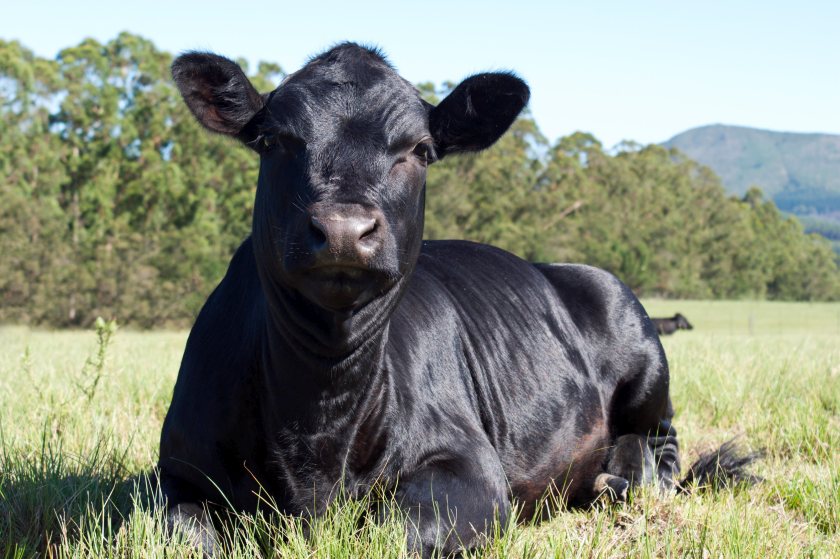Defra's new breed rules threaten survival of rare cattle lines

Native breed campaigners have sounded the alarm after rare native cattle bloodlines were stripped of government support under new Defra plans.
Defra recently confirmed a shift to a “whole-breed” approach under the new UK Native Breeds Support (NBS) list, which will replace the current Native Breeds at Risk (NBAR) list from March 2026.
Under the revised scheme, only breeds classified as ‘at risk’ on the new NBS list will qualify for native breed support payments in England.
However, several rare 'original populations'—such as the Traditional Hereford and Native Aberdeen Angus—will lose their eligibility, as their broader breed groups are not themselves considered at risk.
Original populations, which represent unaltered and non-imported bloodlines of native breeds, have until now been recognised individually on the NBAR list.
The new structure will absorb these groups into their wider breed categories, effectively removing support for some that are genetically distinct but statistically overshadowed by their more populous counterparts.
The Rare Breeds Survival Trust (RBST) has called on the government to introduce targeted support for the conservation of rare original population cattle genetics.
The charity's chief executive, Christopher Price, warned of the consequences this policy shift could have for native breed conservation efforts.
“The original population animals have distinct characteristics and maintain the breed’s original, non-imported bloodlines," he said.
"Genetic diversity among the UK’s native livestock is critical and these original populations are a very important factor," he said.
"It is vital that [these] are maintained with conservation activities and distinct breeding programmes which maintain these crucial rare genetics."
Mr Price voiced particular concern for farmers who breed and conserve Traditional Hereford and Native Aberdeen Angus cattle, which will no longer receive financial support despite their historical and genetic significance.
“The decision to merge the original populations with their wider breeds on the new NBS list means that farmers keeping rare cattle will not be eligible for native breed supplements, which will be damaging to their conservation," he stated.
In light of these changes, RBST is urging the government to implement new policies that would safeguard the conservation of important within-breed genetics.
This could include mandatory breeding programme requirements and tailored conservation funding for original populations.
“We are urging government to put in place new mechanisms to incentivise and require the conservation of particularly important genetics within breeds, including these original populations," Mr Price added.








